Research highlights that hard water is more than just a minor nuisance—it’s a leading cause of buildup in household systems, driving up energy costs and reducing appliance lifespans by as much as 30%. Hard water might seem like a harmless issue, but over time, it can cost you.
From skyrocketing utility bills to shortened appliance lifespans, hard water’s impact goes far beyond simple soap scum. If you’re constantly dealing with dingy laundry, dry skin, and worn-out appliances, it might be time to consider a hard water softener. Let’s explore the signs that hard water is more than just an inconvenience and how a water softener can help save you money—and frustration.
Why Does Hard Water Become a Problem?
Hard water has a high mineral content, mainly calcium and magnesium carbonates, while hard water isn’t harmful to drink, its impact on the house and health can add up quickly. When you have hard water flowing through your plumbing, it’s like adding a layer of minerals everywhere. Over time, this can cause:
1. Pipe Clogging – Minerals build up in your pipes, reducing water flow and even causing clogs.
2. Soap Inefficiency – Hard water doesn’t mix well with soap, so you end up using more to get the same results.
3. Appliance Wear and Tear – Heating elements in water heaters and washing machines often have to work overtime, wearing out sooner.
6 Key Signs You Need a Water Softener
1. Soap Just Doesn’t Lather Well
Soap doesn’t work effectively in hard water, so you may find it tough to work up a good lather. Instead of soft, soapy bubbles, you get a thin, scummy layer that doesn’t feel cleansing. This issue is even more noticeable in personal care products like shampoos and body washes, where the soap simply won’t lather up as expected.
2. Dry Skin and Hair
Hard water is notorious for making skin and hair feel dry. The minerals in hard water can stick to the skin and hair, creating a residue that blocks moisture from being absorbed. Many people notice dry, itchy skin and brittle hair as a result. If you feel like your skin is constantly parched even after moisturizing, hard water might be the cause.
3. Constant Water Spots and Stains
Do you find yourself wiping spots off your glassware no matter how much you rinse? Hard water leaves mineral deposits behind that look like cloudy spots or white streaks. While they aren’t harmful, they’re annoying—and tough to get rid of without special cleaners.
4. Appliances Need Frequent Repairs or Replacements
If your water heater, dishwasher, or washing machine keeps breaking down, hard water could be the underlying issue. Hard water leads to mineral buildup inside these appliances, especially around heating elements, which makes them less efficient and more prone to breakdowns.
5. Clothes Look Faded and Feel Rough
Have you noticed your clothes looking worn or feeling stiffer after washing? Hard water can affect your laundry, leaving clothes feeling rough or looking dull. This happens because minerals build up on the fabric, making it feel less soft and comfortable.
6. Reduced Water Pressure
Mineral deposits don’t just disappear—they gather in your plumbing over time. As these deposits grow, they restrict the flow of water, which leads to lower water pressure. If you’re experiencing weak water pressure despite having good pipes, it could be a sign of mineral buildup due to hard water.
How Does a Water Softener or Shower Filters Help?
Water softener for home or shower filter for hard water work by removing the minerals or impurities that make water “hard.” They condition the water and makes it easy on skin and hair.
An ion exchange water softener typically use a process called ion exchange, which replaces calcium and magnesium ions with sodium ions. Here’s a quick breakdown of how it works:
1. Mineral Removal: The hard water flows through a tank filled with resin beads that attract and hold onto calcium and magnesium ions.
2. Sodium Replacement: In exchange for the hard minerals, the resin releases sodium ions.”
A bathroom water softener or shower filter will help in conditioning the water to help reduce the harmful effects of hard water and other impurities. It uses a multistage filtration to adsorb impurities.
Choosing the Right Water Softener
Selecting the best water softener for your home depends on your needs and budget. Here’s what to consider:
1. Water Hardness Level: A home water test kit can measure hardness and help you decide if you need a softener.
2. Household Size and Water Usage: A larger family or higher water usage means you may need a more robust system.
3. Maintenance Requirements: Shower filters need regular cartridge replacements to stay effective, as the filter materials become saturated with minerals over time. Most filters last up to 6 months, depending on water quality and usage.
4. Environmental Impact: Salt-based systems use more water for regeneration, while salt-free systems are more eco-friendly.
Is a Water Softener Right for You?
If you’re dealing with any of these signs, a water softener could make a big difference in your home. Not only does it protect your appliances and plumbing, but it can also improve your daily life by making soap more effective, keeping your skin softer, and helping your laundry feel fresher.
Making the switch to softened water might seem like an investment, but it’s one that can save you money, extend the life of your appliances, and give you cleaner results all around. Whether you choose a full system or a water softener for tap, the benefits of better water quality are undeniable.
Reference: WQRF


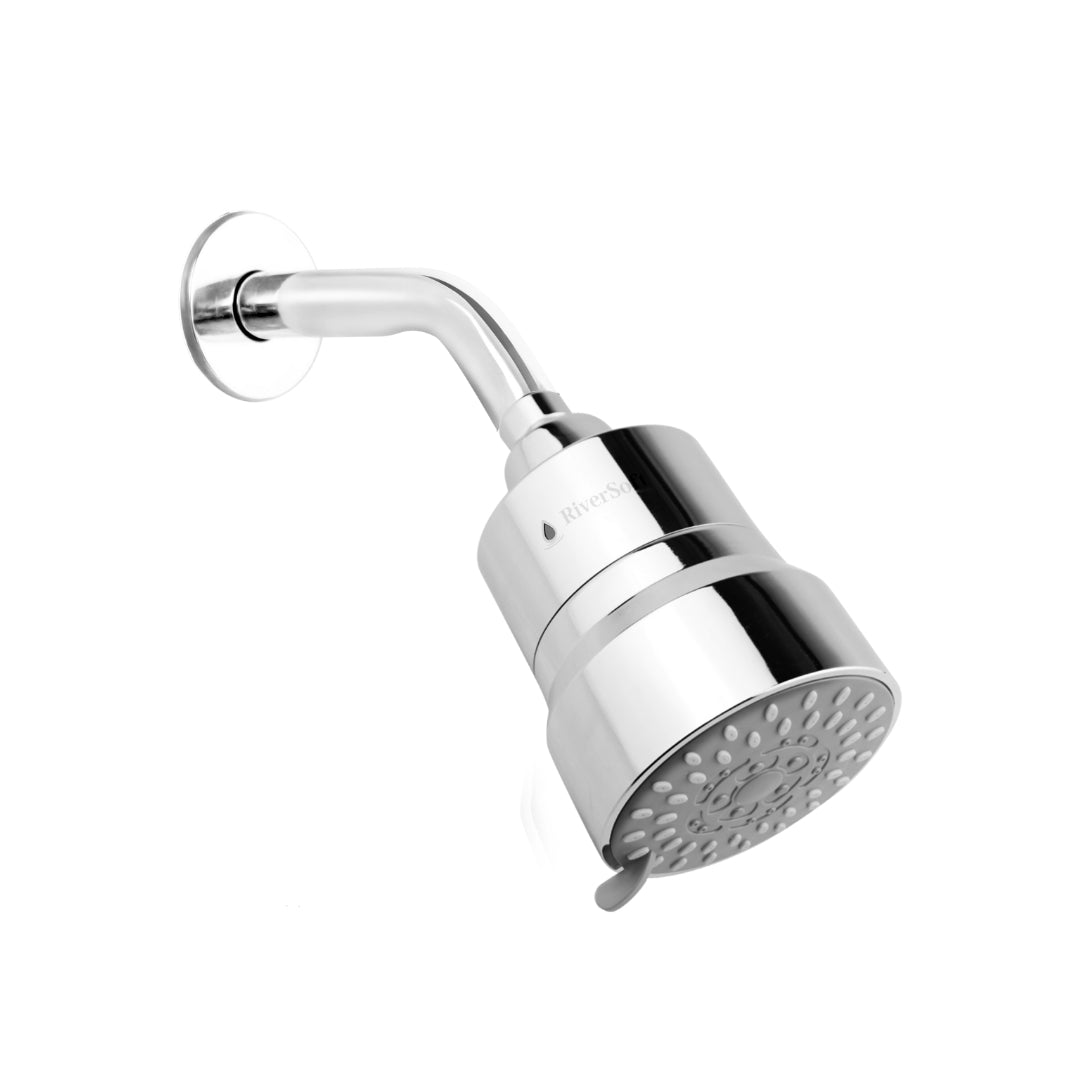
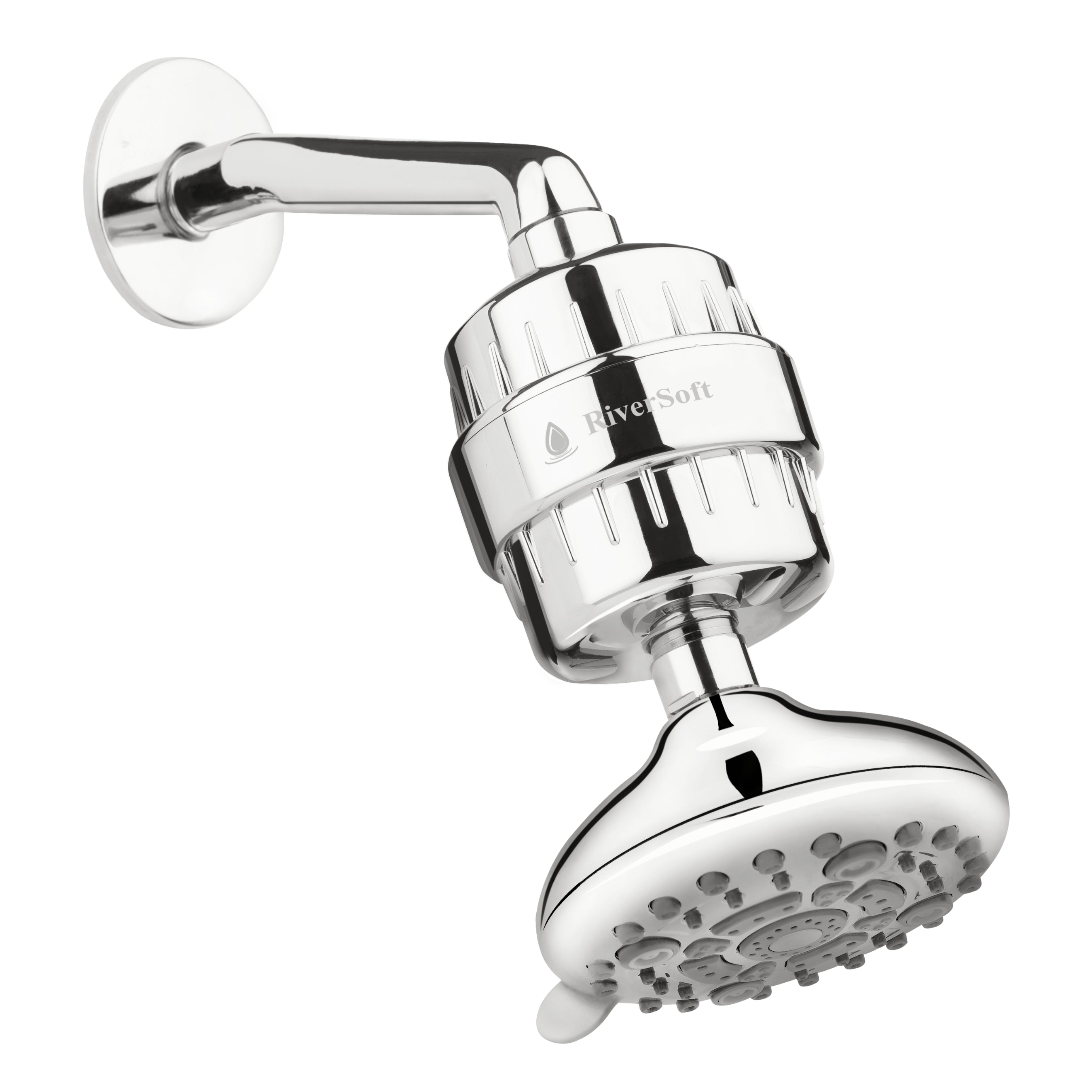
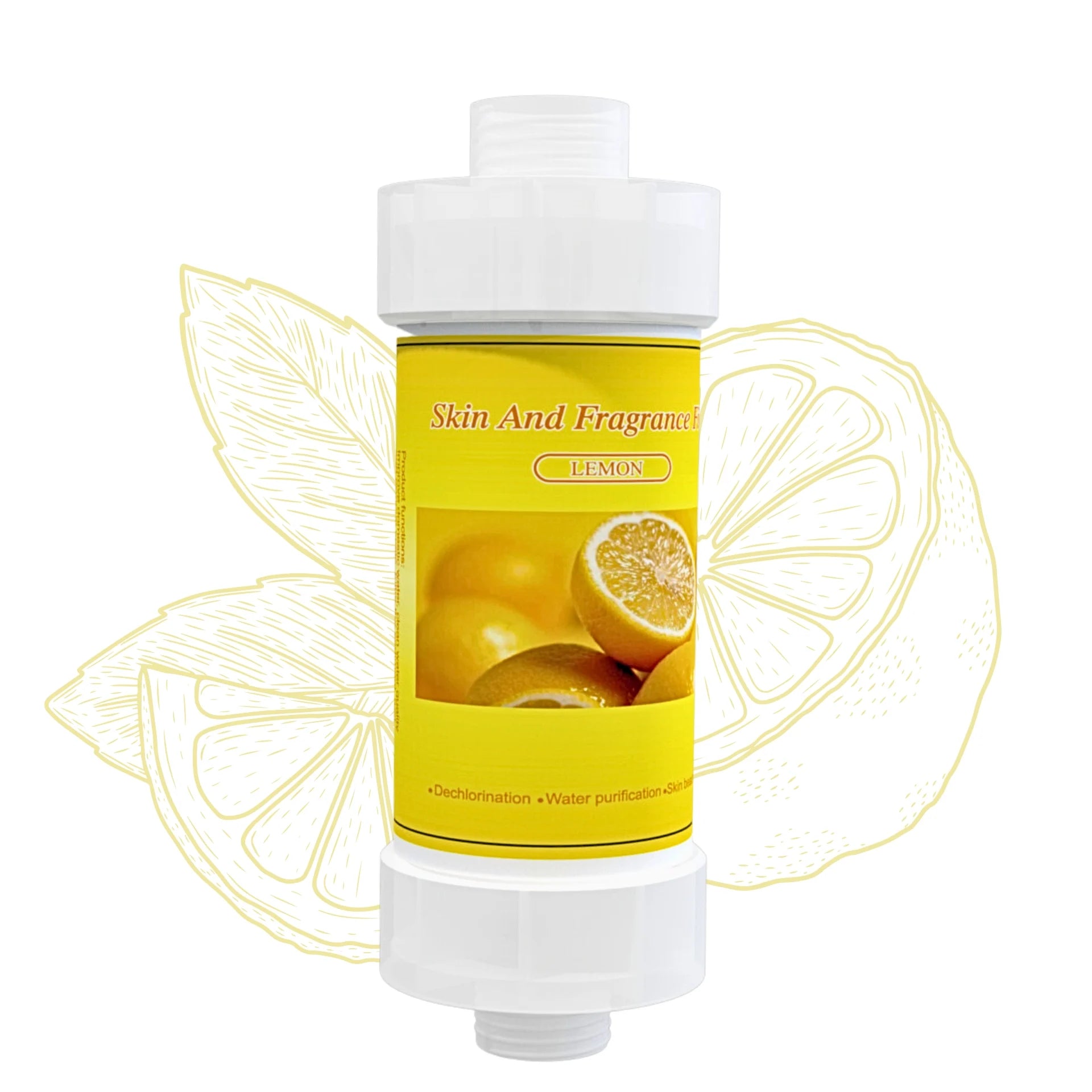
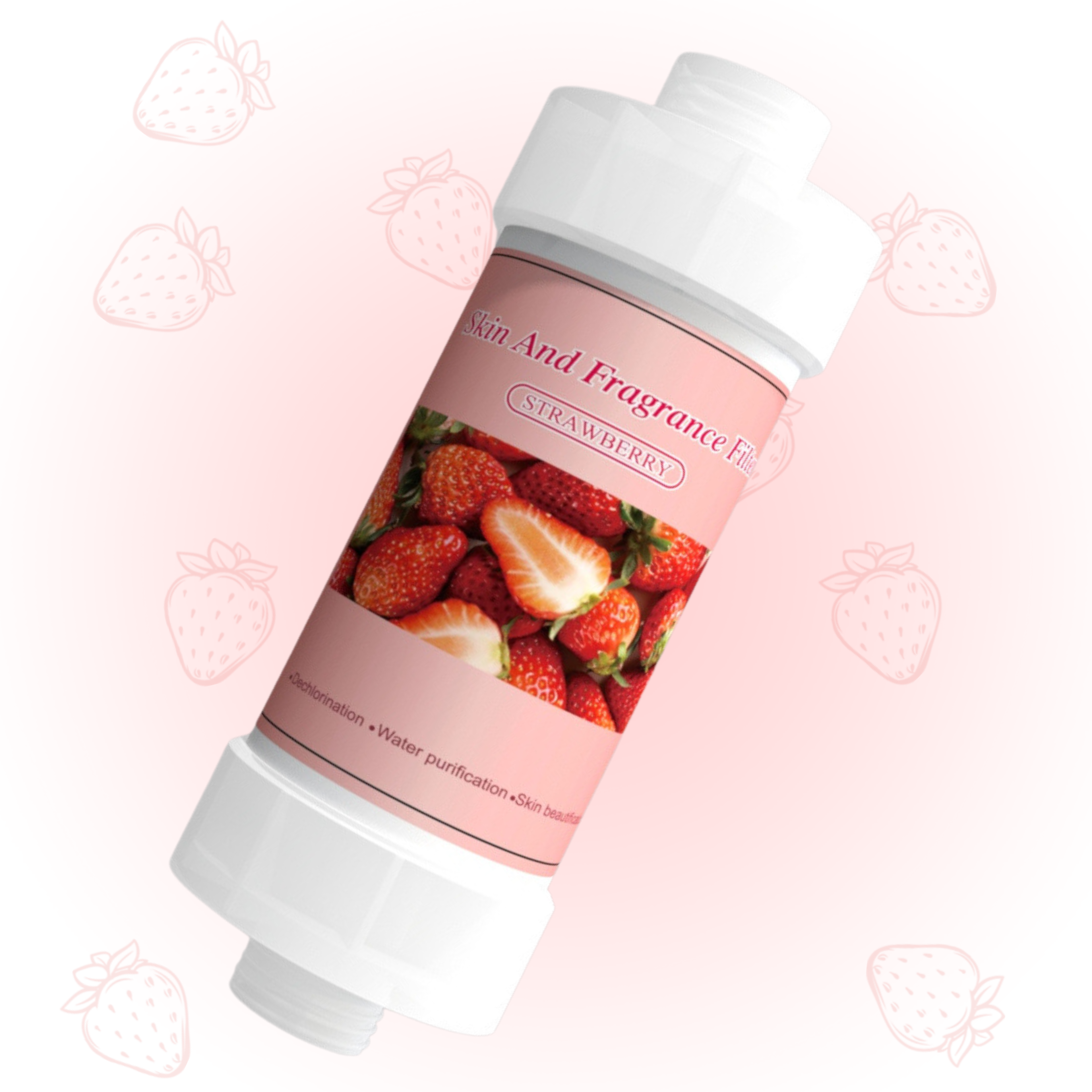
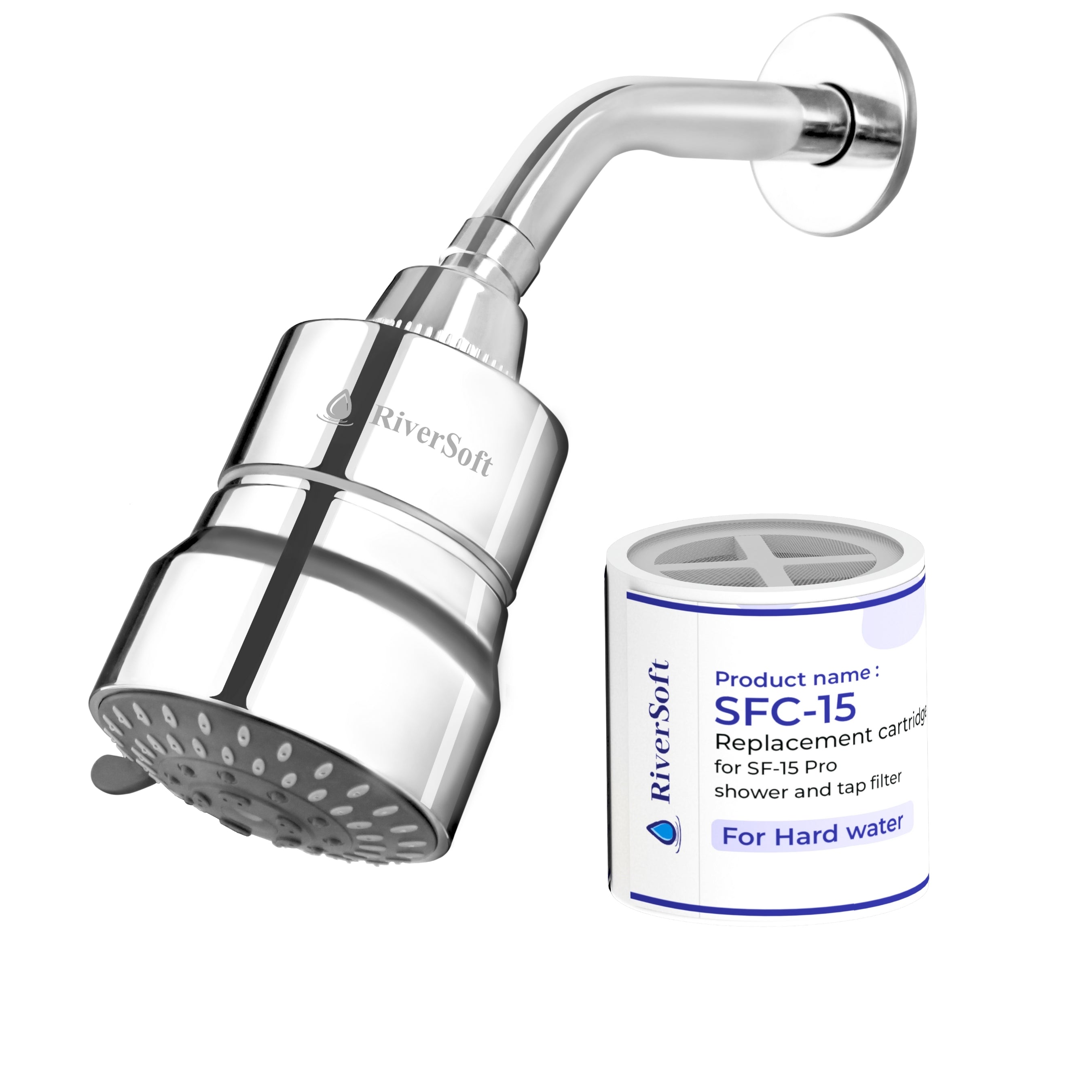
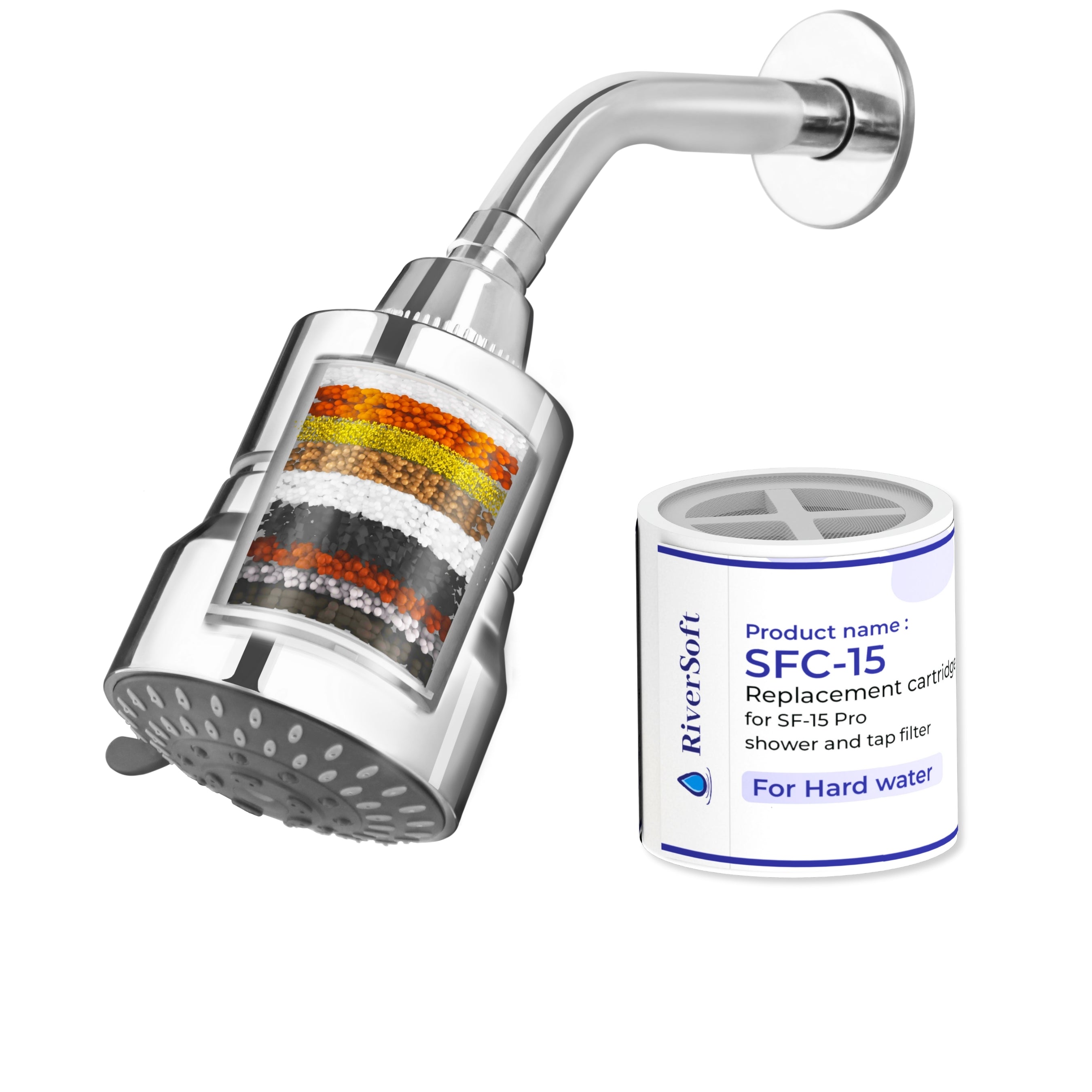
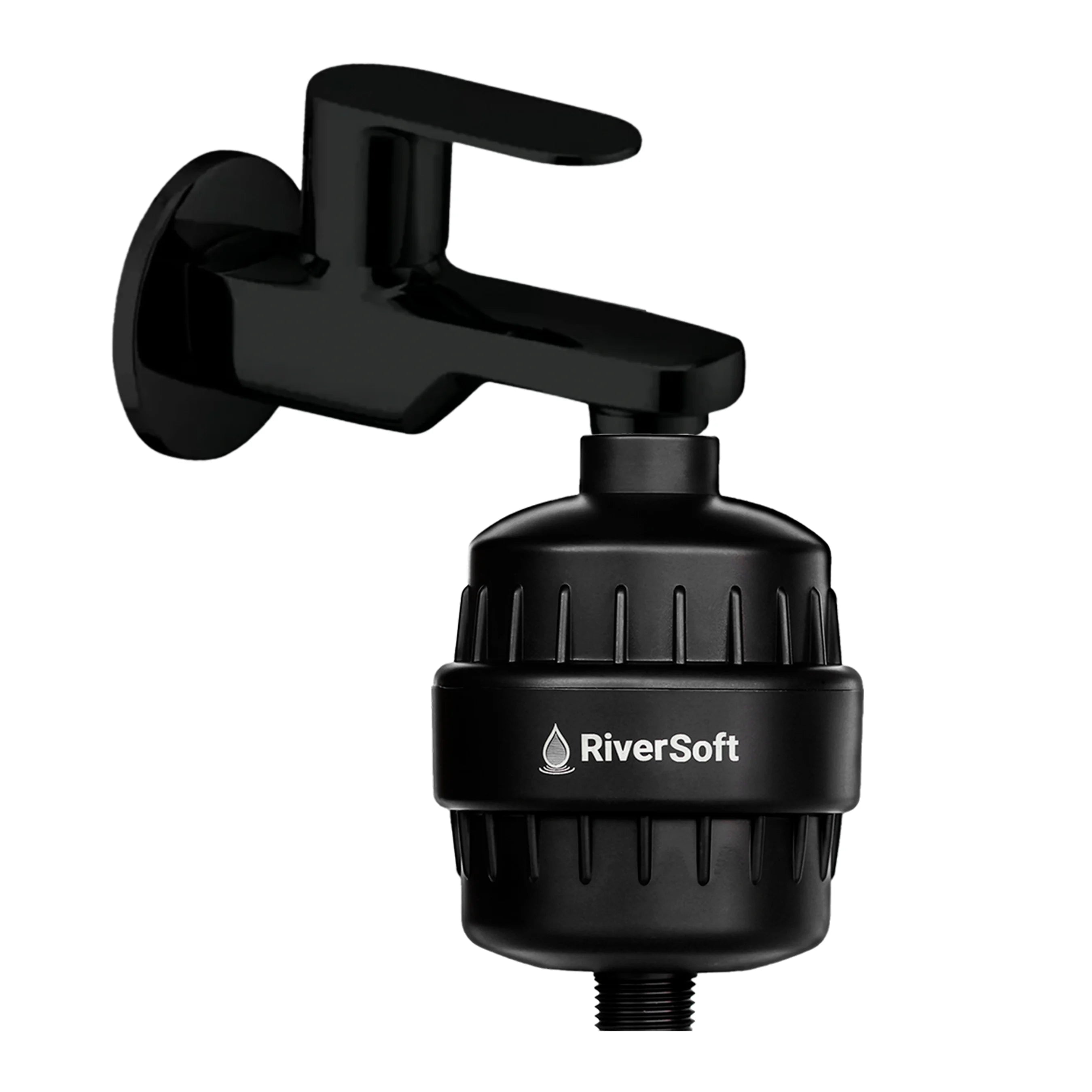
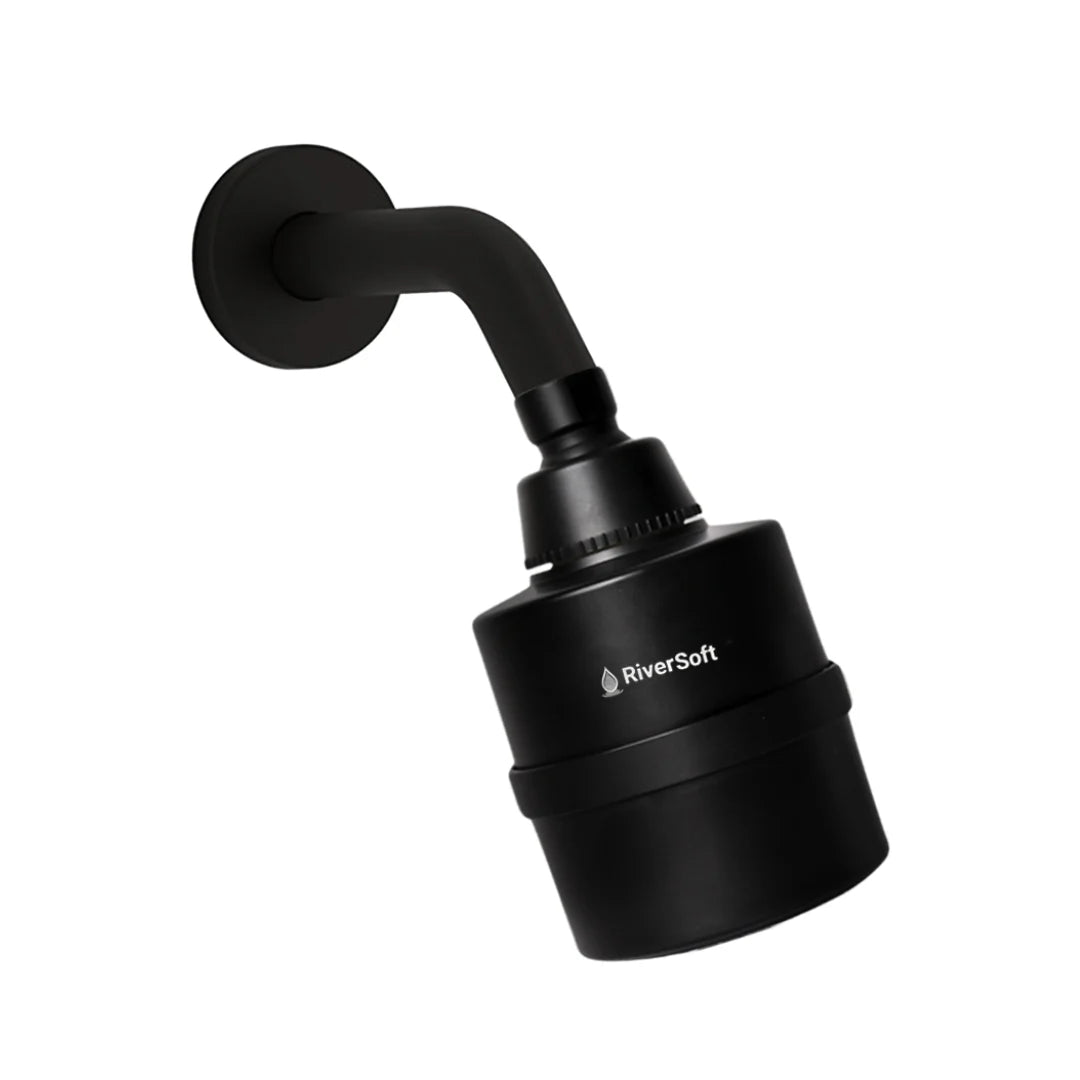







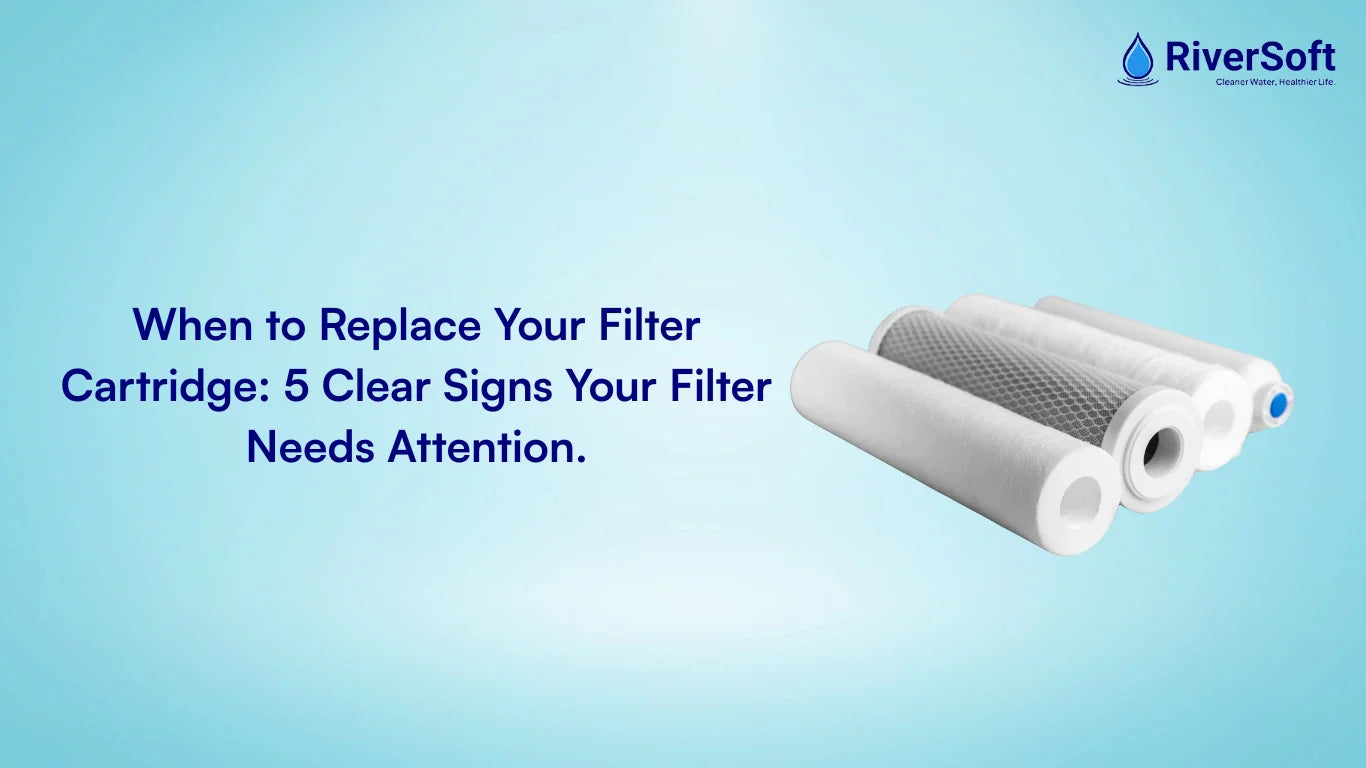
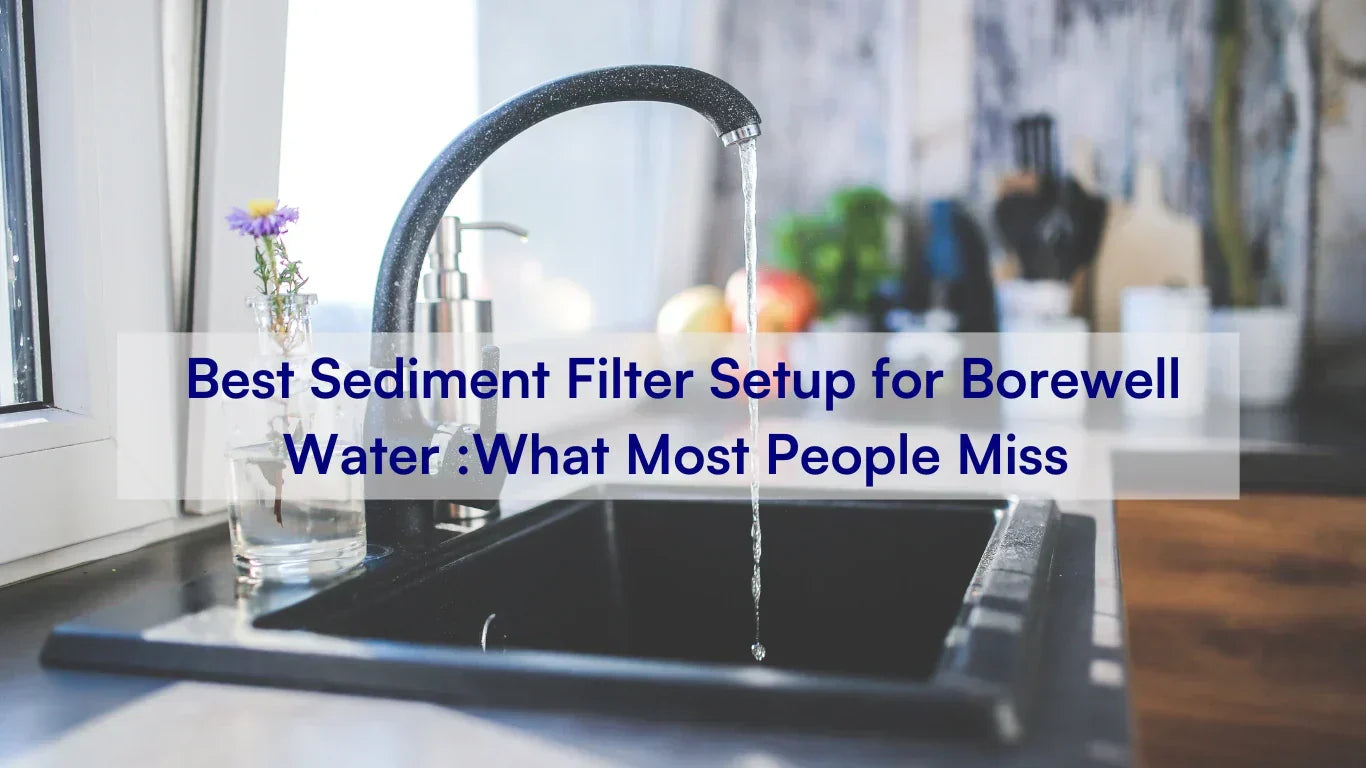
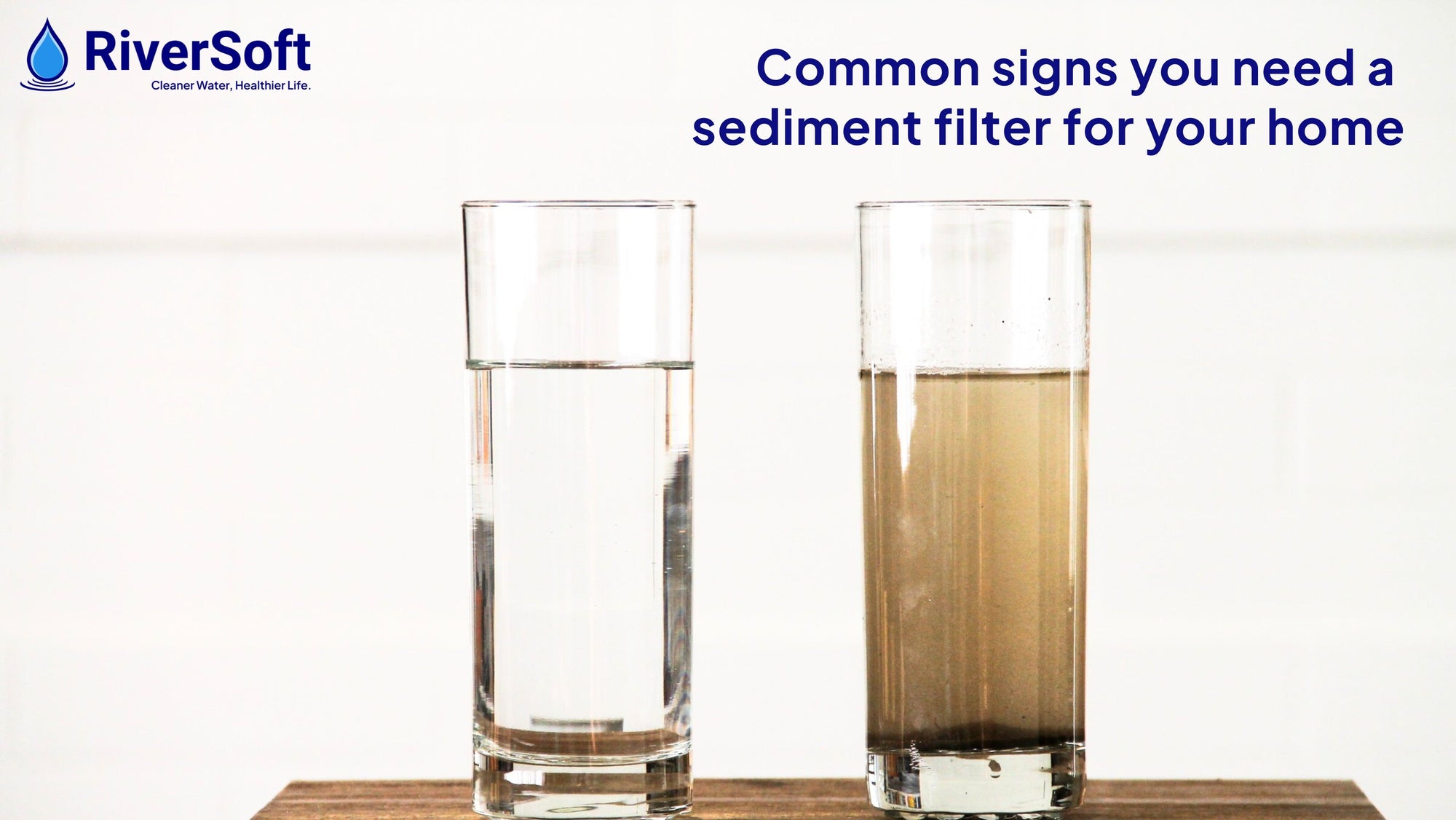
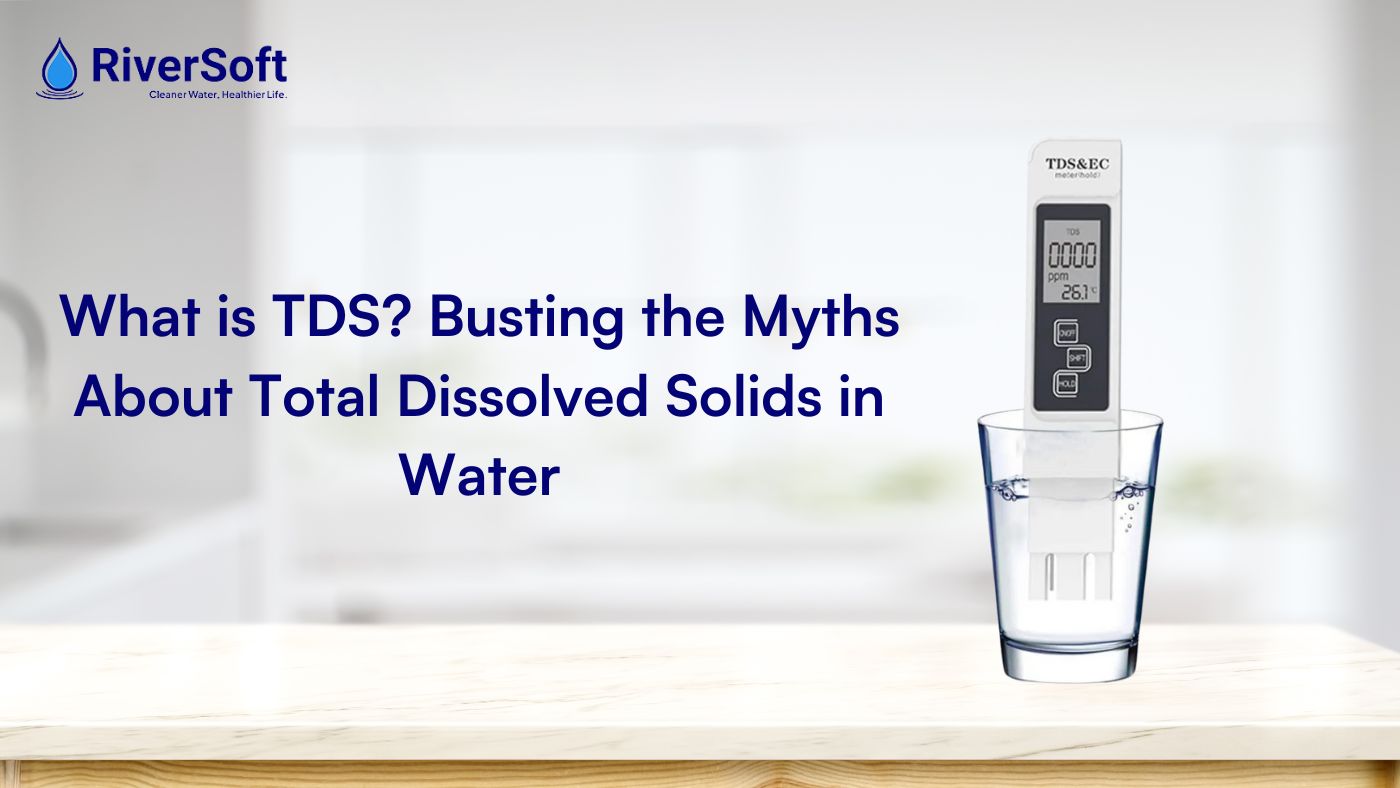
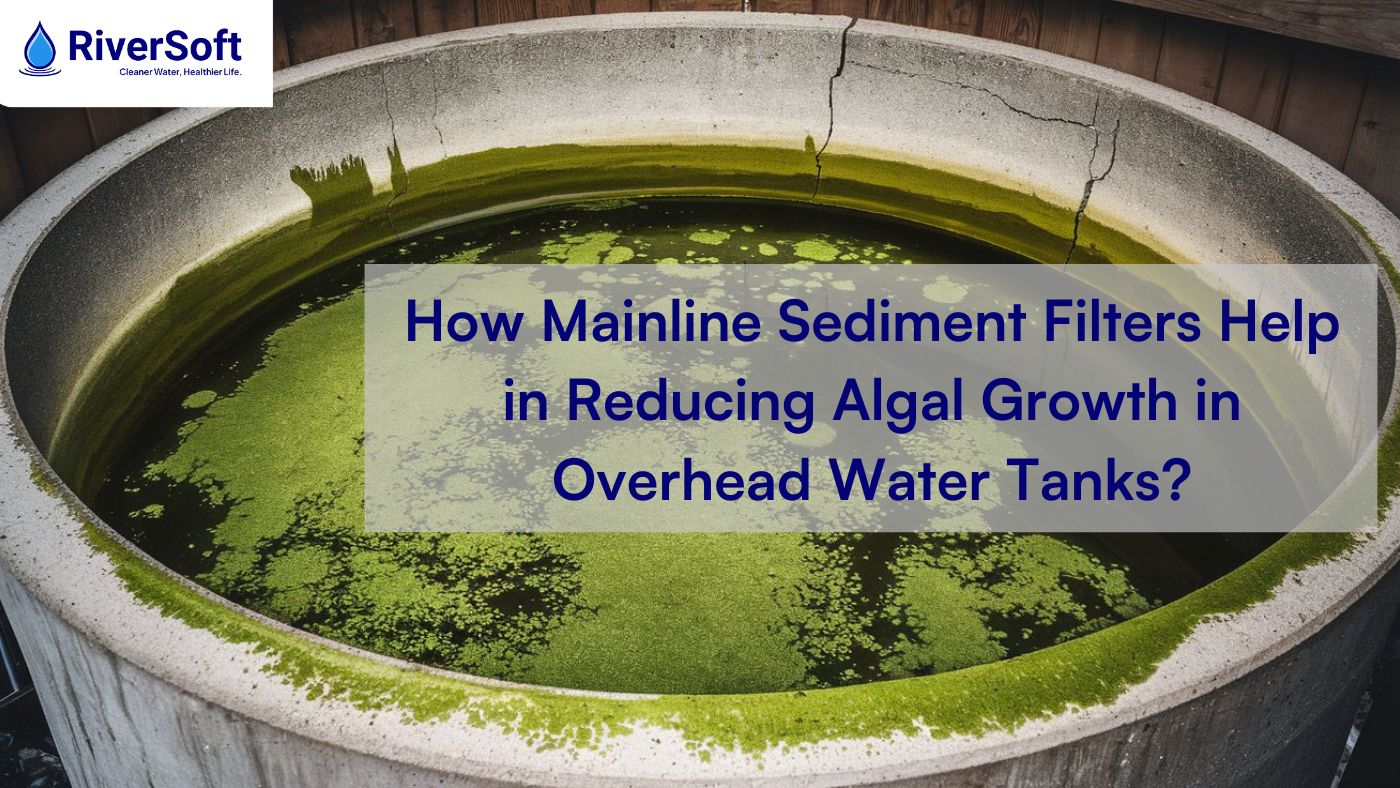
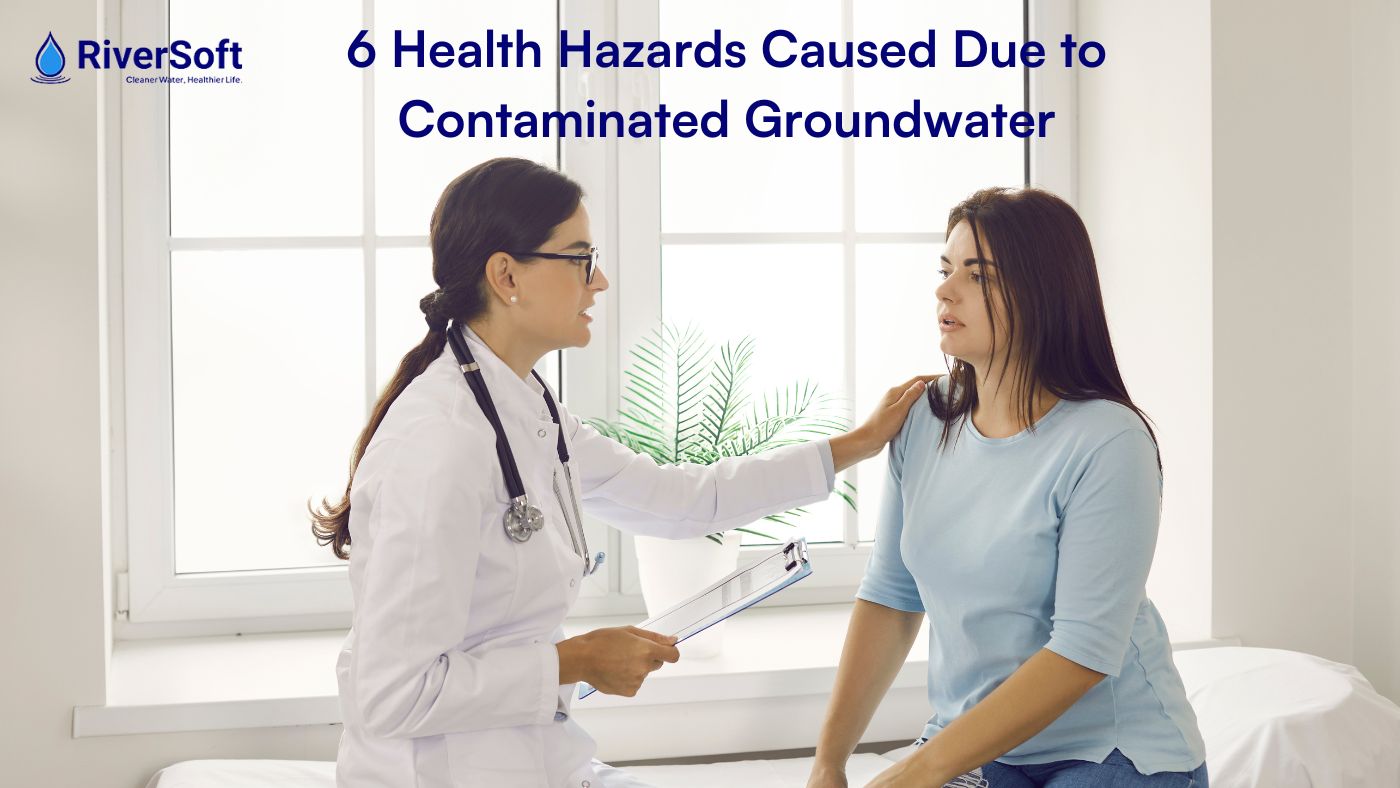

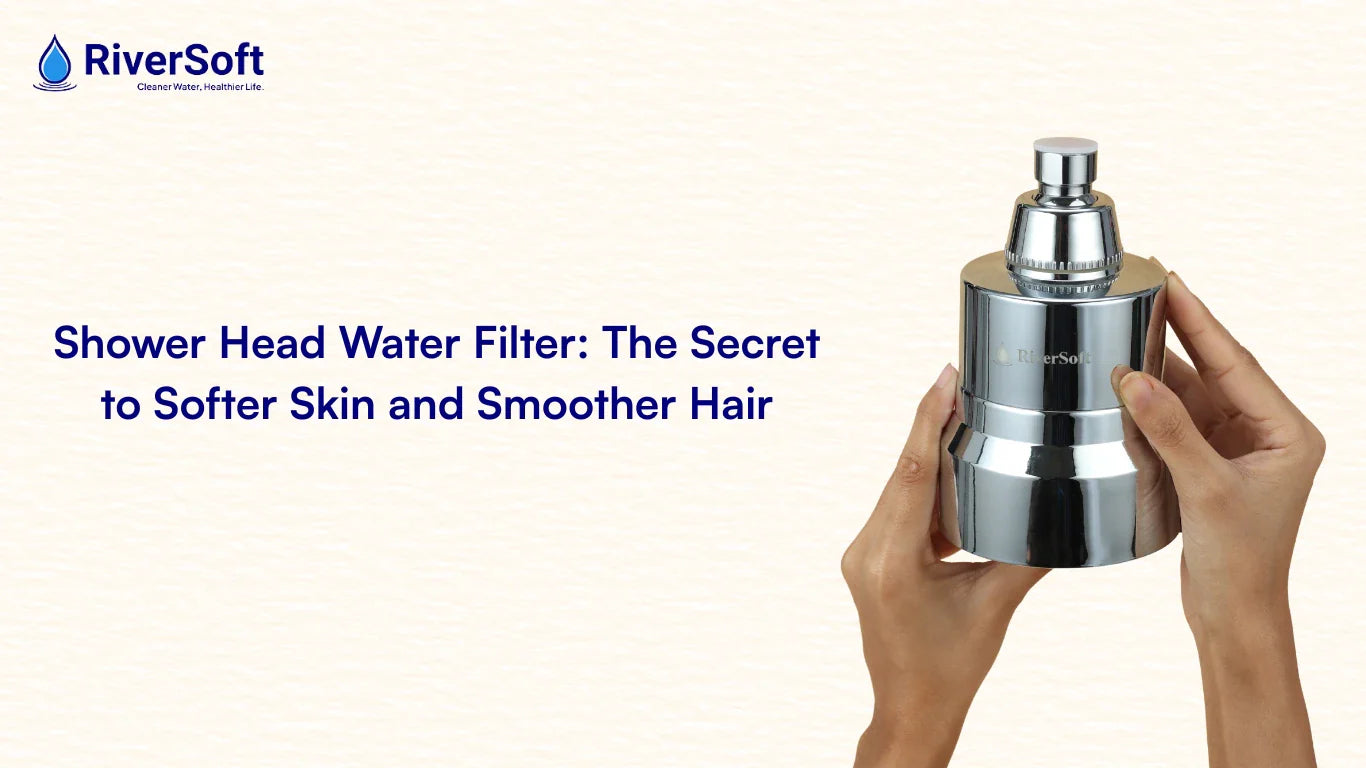
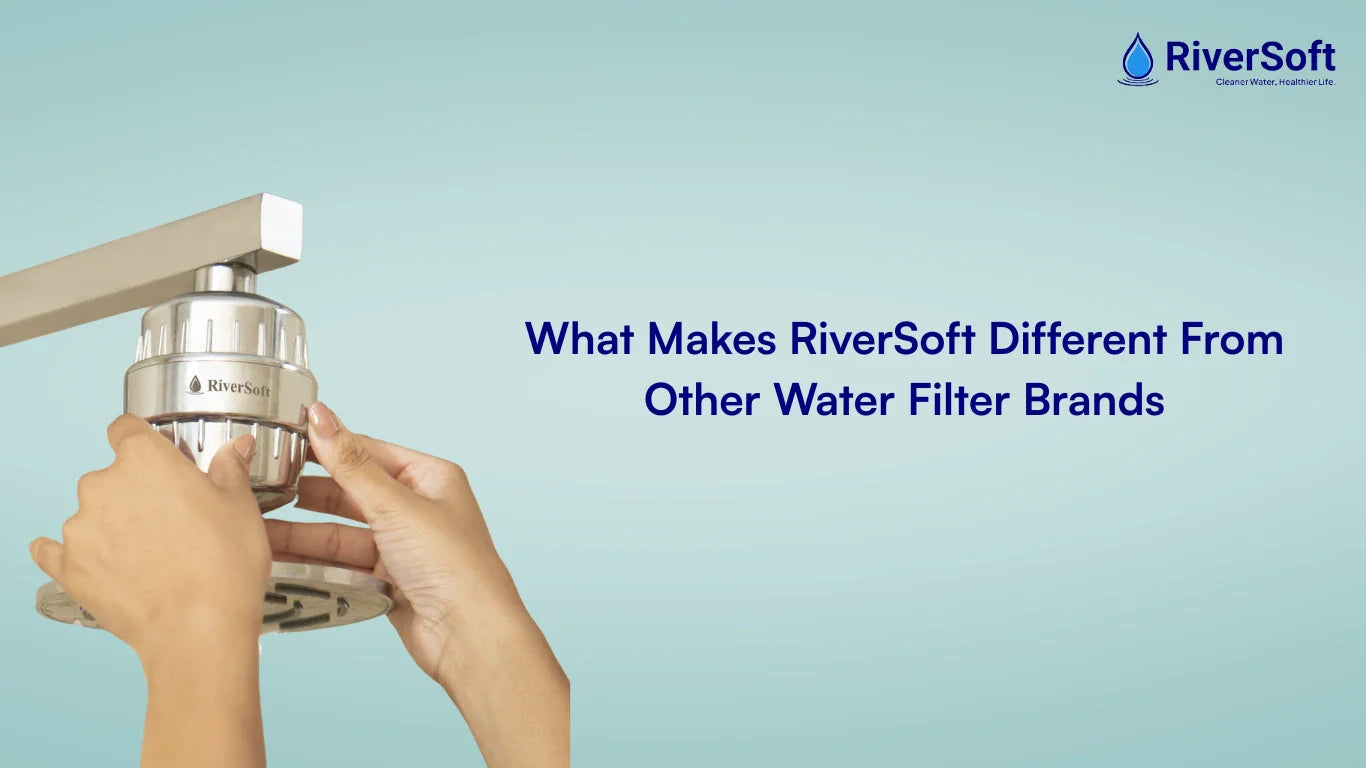
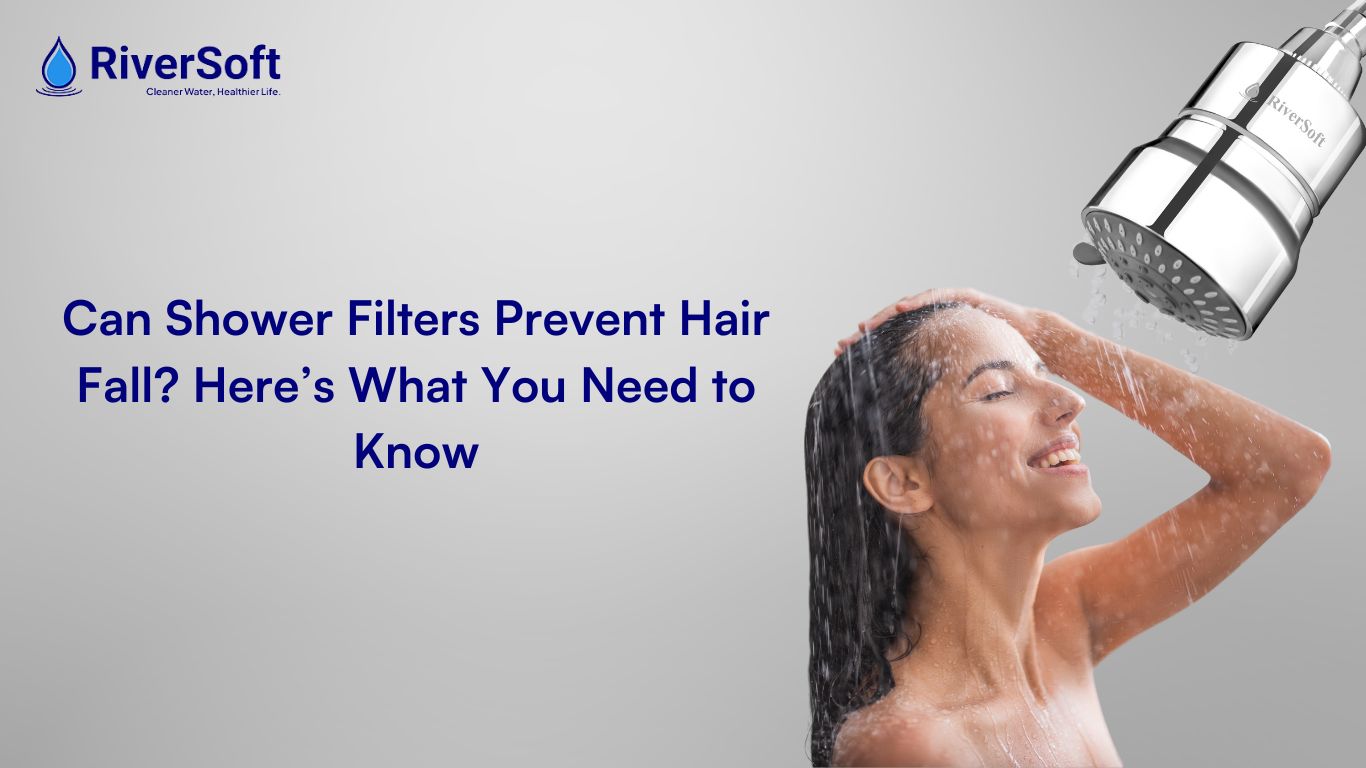
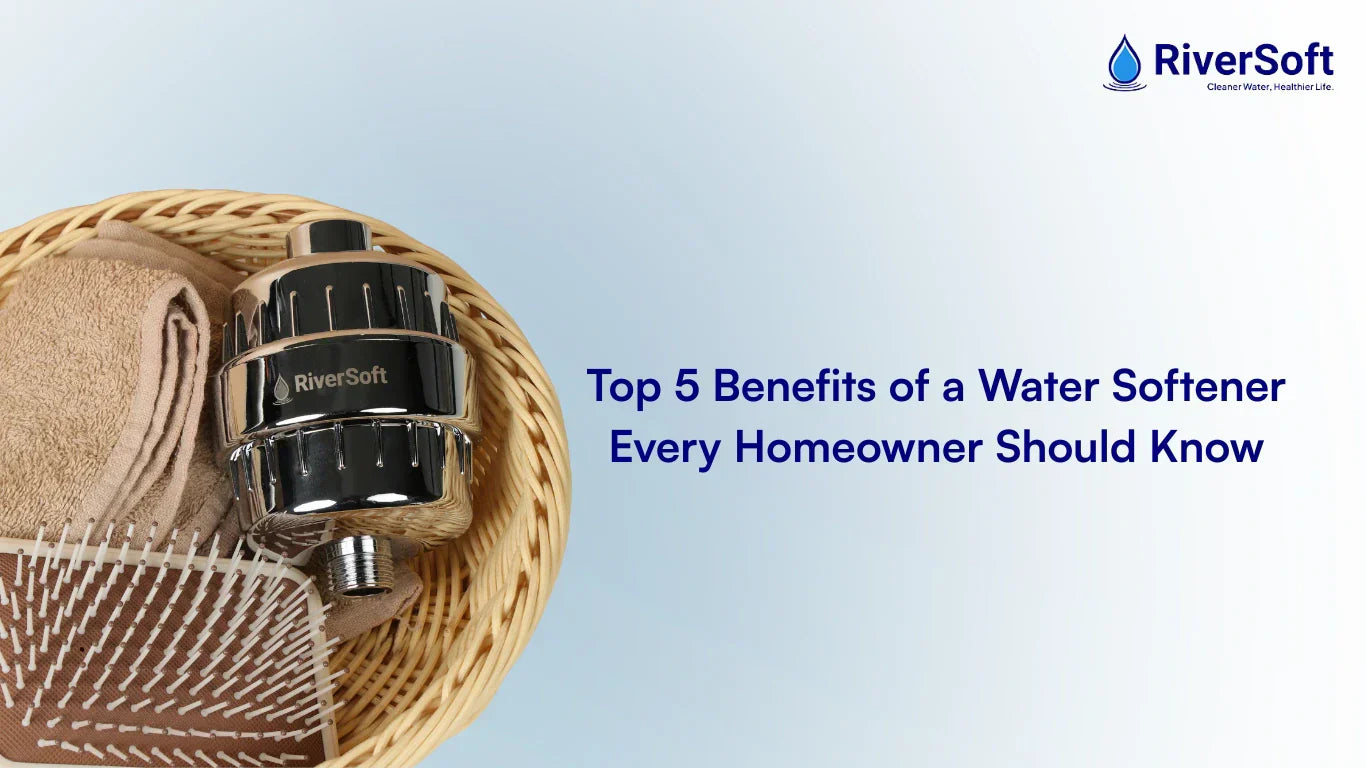
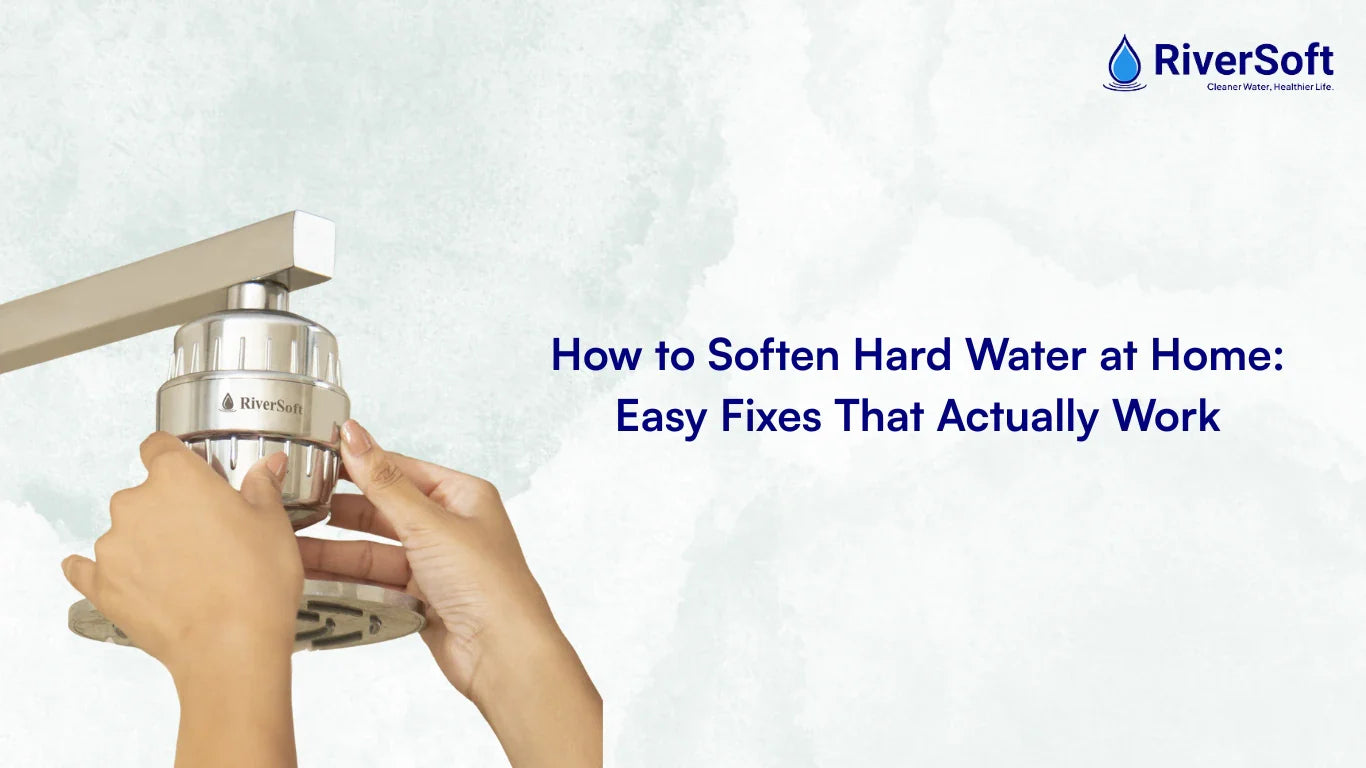

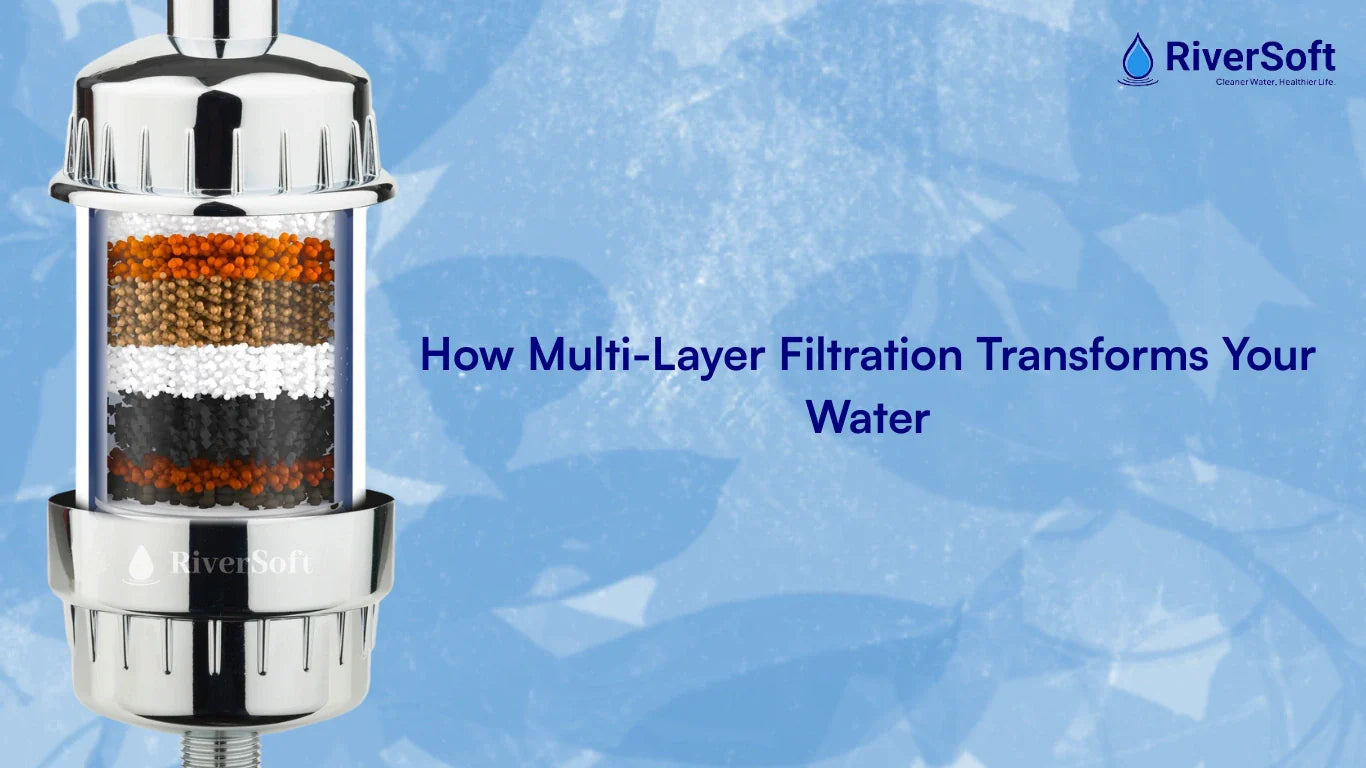
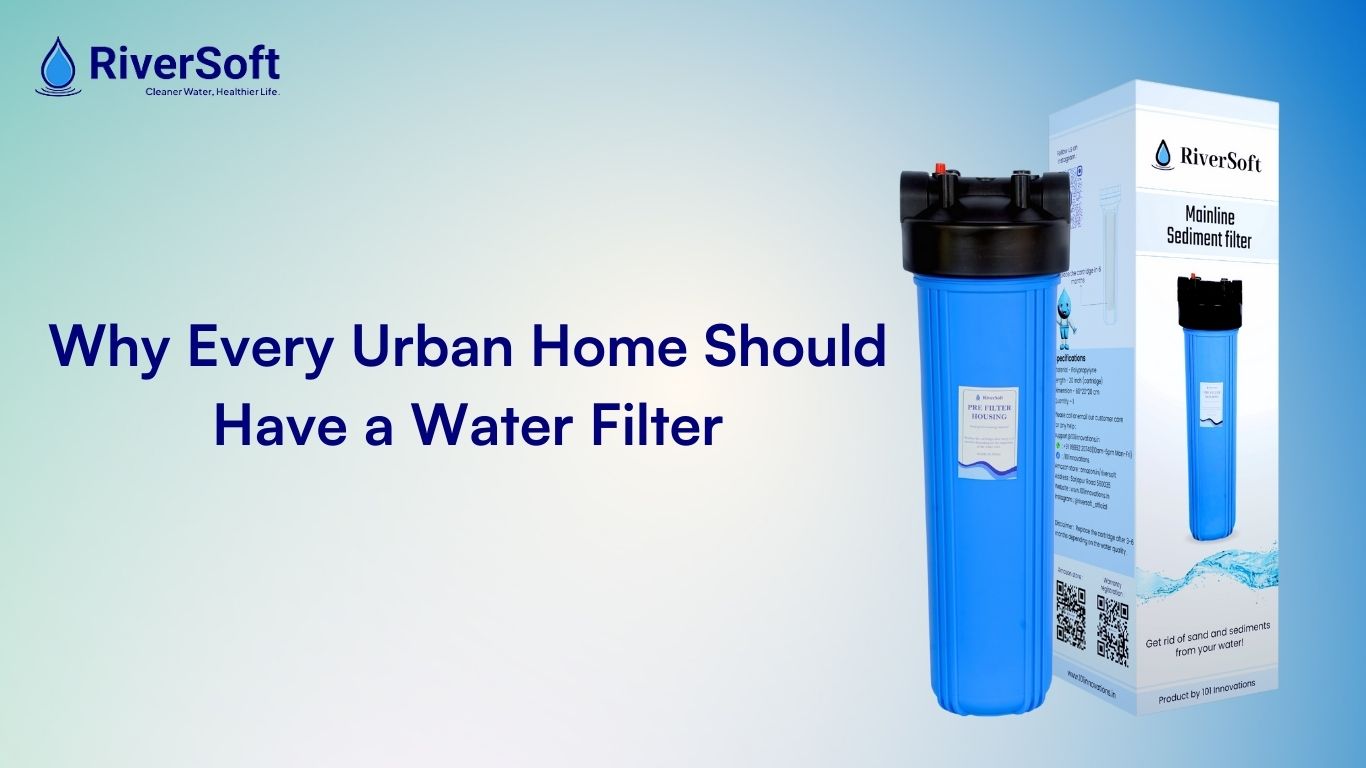

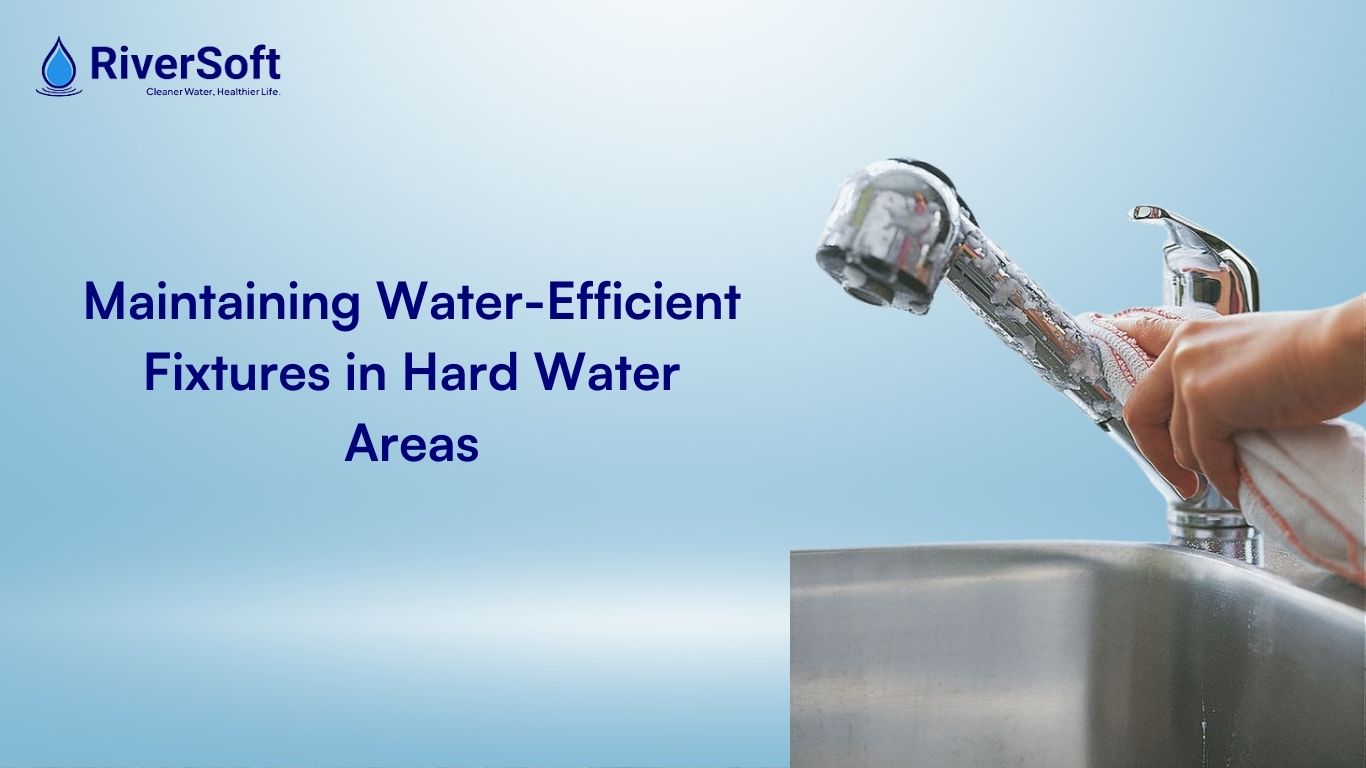
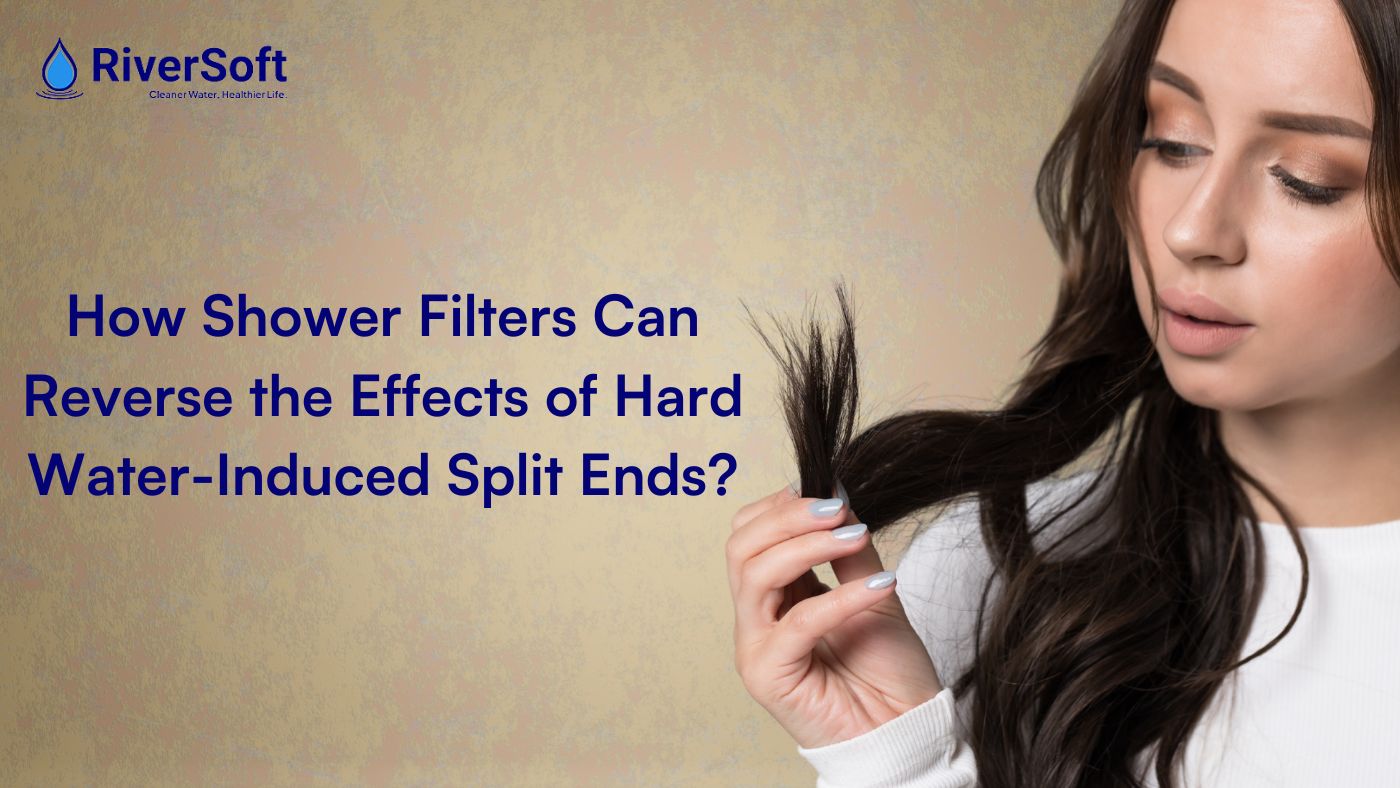















Ashutosh was inspired to solve water quality issues after witnessing the harmful effects of hard water on his family’s health and home. Recognizing the widespread impact of poor water quality, he committed to creating innovative solutions that ensure safe and clean water for everyone. He is an alumnus of IIT Delhi and IIM Ahmedabad, bringing a strong technical and managerial background to RiverSoft.